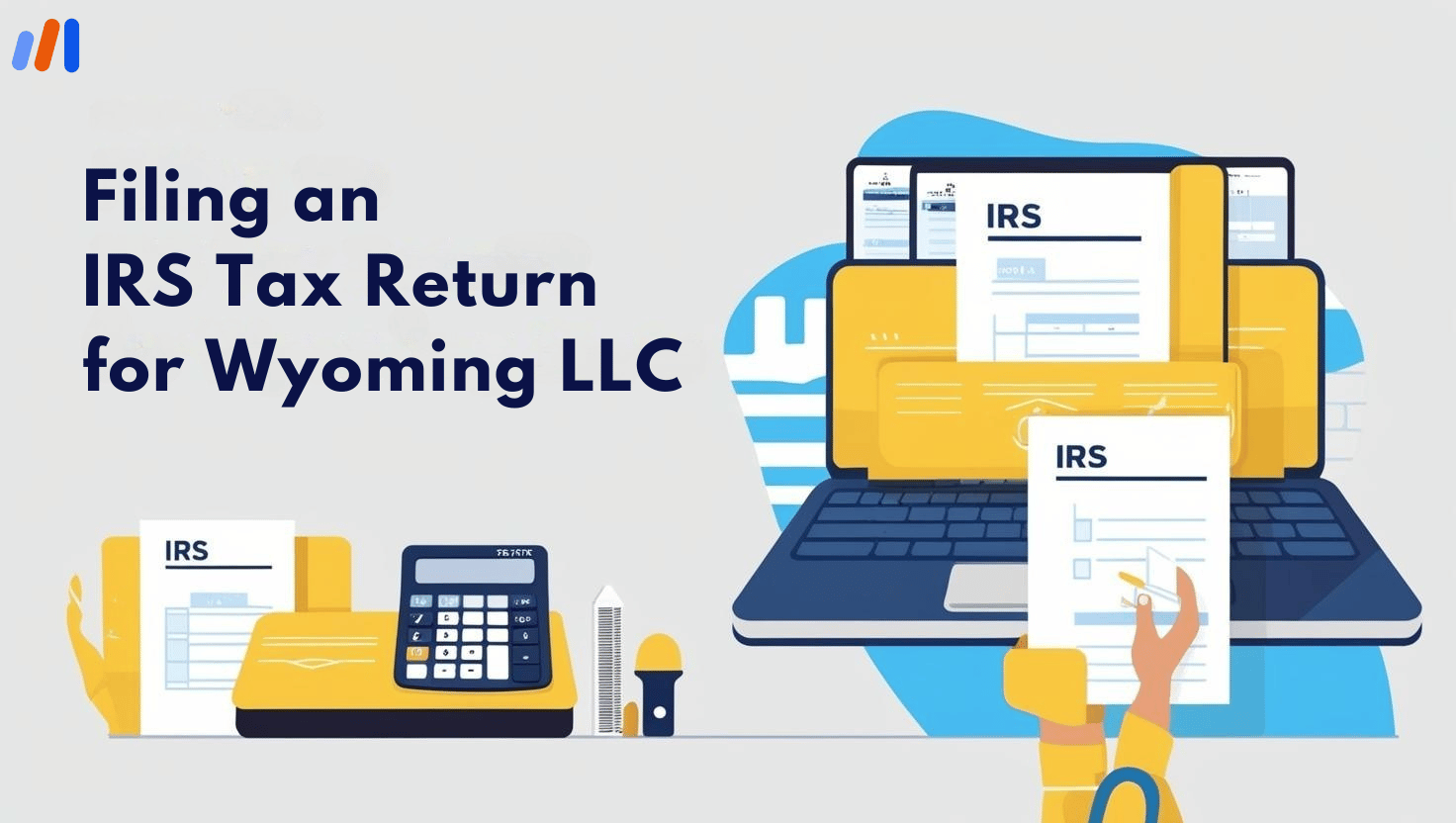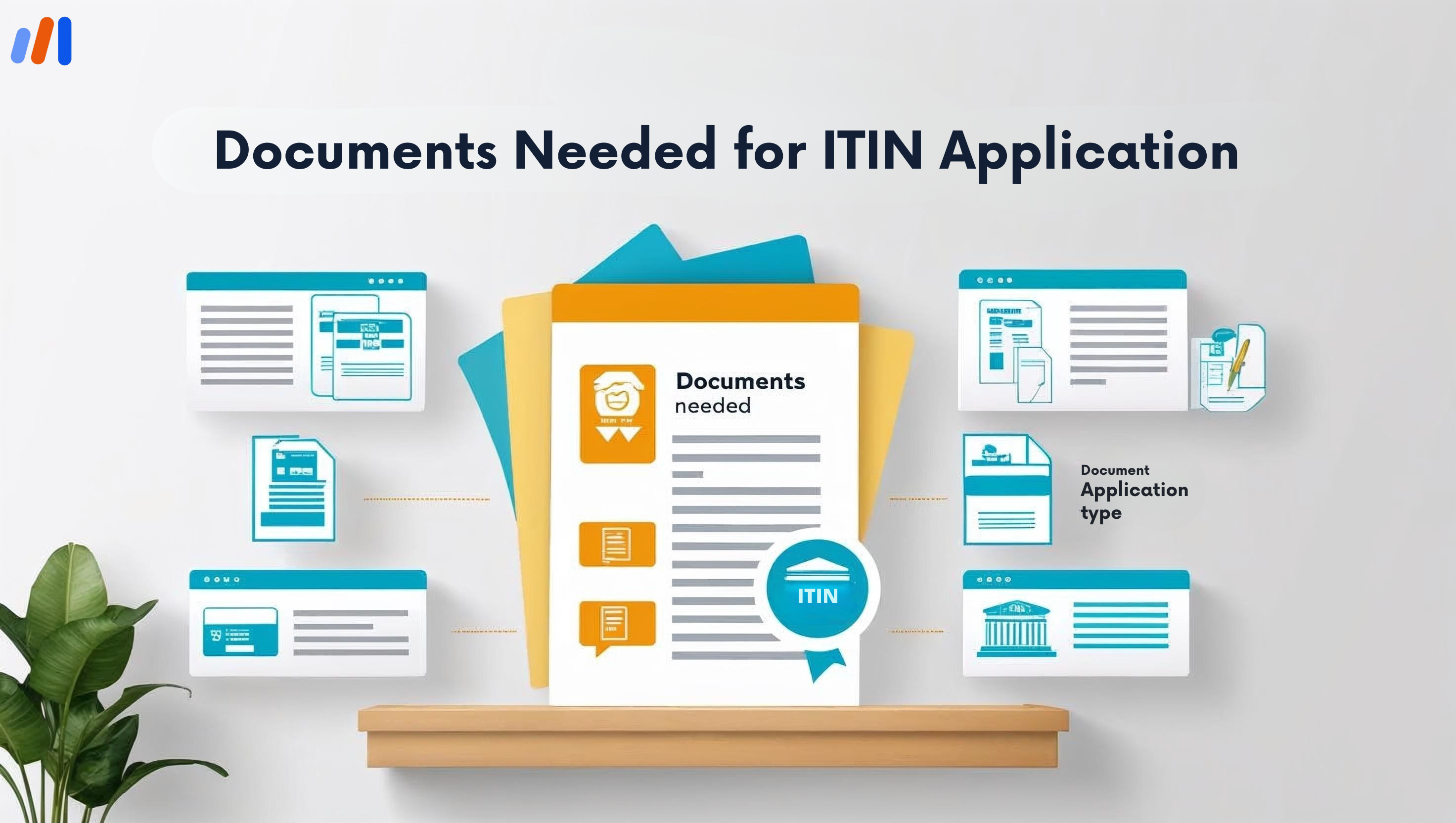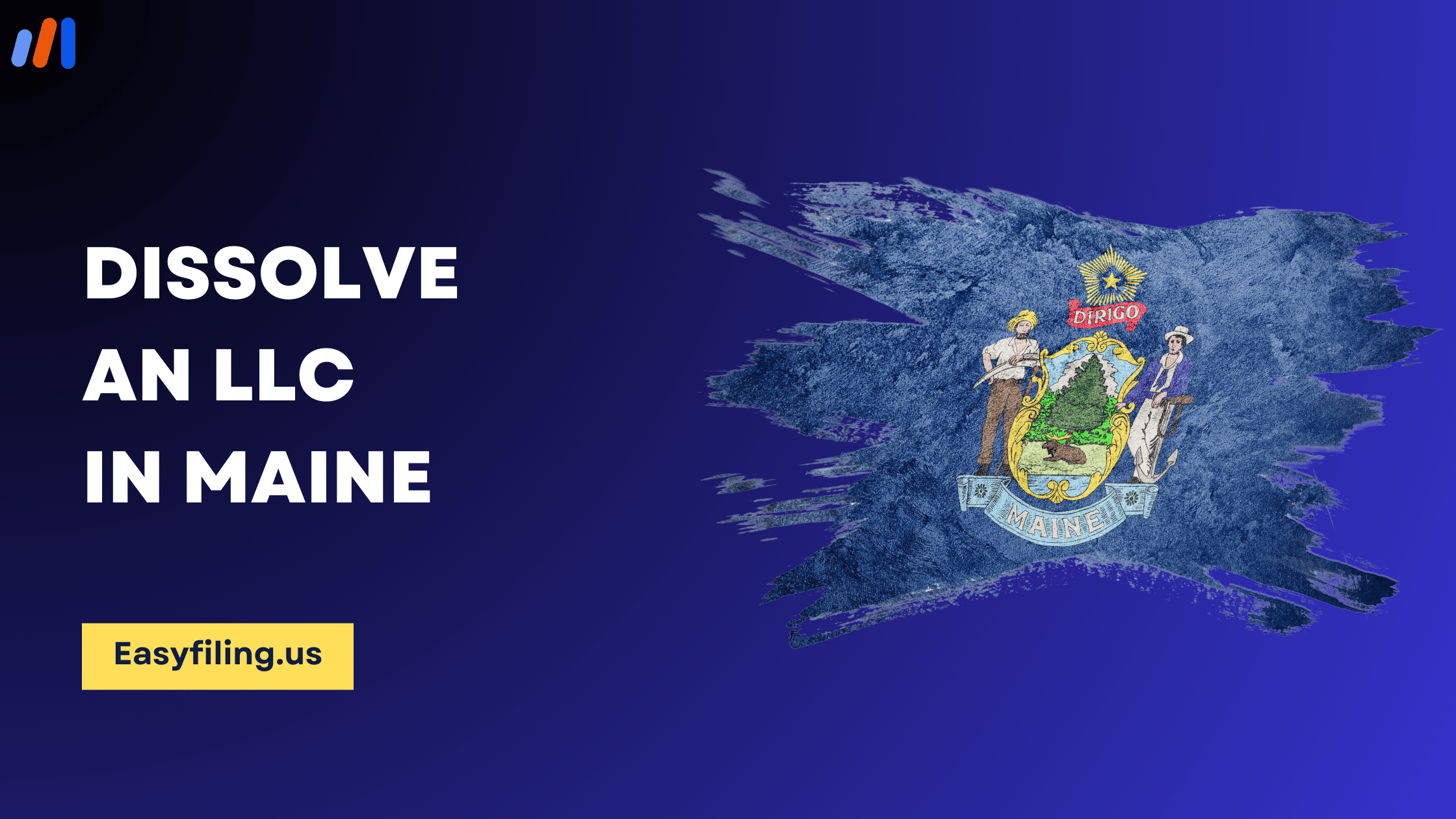Wyoming LLCs are very popular with foreigners like you because of the state’s highly robust economy, absence of state tax, and low reporting requisites.
But, foreign entrepreneurs must keep in mind that even they have federal taxes that need to be paid while complying with IRS rules and regulations.
IRS Tax Return filing for Wyoming LLC, grasping how US taxation is issued to them will further improve the benefits while not shying away from excess fees being charged.
General Tax Structure
No State Income Tax
For overseas investors, Wyoming is much easier especially if they earn outside of the US as the state offers lesser taxation. Residents do not have to pay offshore income tax or franchise tax thus establishing an LLC is highly favorable.
Doing business as a Wyoming LLC will not have additional state taxation placed on revenue making it easier for foreign entrepreneurs to do business there.
On the contrary, various states enforce a franchise or corporate tax on income which puts strain on the business. This serves as a motivating factor for foreigners wanting to start their business in America.
Remote workers and business owners looking to establish themselves in the US do not count e-commerce, consulting services, or digital amenities as part of their business residing in the country and thus deem Wyoming as their company formation landmark.
Federal Tax on U.S.-Sourced Income
Unlike other states, Wyoming does not collect state income tax. However, non-residents still need to comply with federal taxes. The IRS has set a blanket federal income tax at 30% for all U.S. sourced income unless a treaty between the U.S. and the non-resident’s county changes this rate.
In America, residents incur taxes for royalties, rents, interest, and dividends received from a business operating inside the country.
Non-resident owners of an LLC have to ascertain whether their income is effectively connected with a United States trade or business (ECI). If so, the income is taxed with graduated rates like American residents.
Otherwise, it is assumed that non-resident incidental earnings, including royalties and cash dividends, are taxed at the standard withholding 30 percent rate unless a treaty is available.
Filing Requirements
IRS Form 1040-NR
Non-resident owners of a Wyoming LLC need a form 1040-NR if they have income that originates and is sourced from the United States. They use this form to report the income they have earned from the U.S., including their tax deductions, credits, and any other financial obligations as foreigners.
- For a disregarded single-member LLC, the taxpayer directly files a 1040-NR.
- An LLC that does taxes as a partnership is required to fill out Form 1065 and each of its non-resident members has to report their allocated income using Form 1040-NR.
- An LLC that opts for taxation as a corporation does not fill out Form 1040-NR but uses Form 1120 instead.
Not submitting the required tax forms risks incurring penalties and interest payments. Non-resident owners of LLCs must be aware of their filing requirements and get professional help when necessary.
Annual Report
The Wyoming Secretary of State requires all LLCs within Wyoming to submit an annual report. The fee to file is $60, though businesses that have assets exceeding $250,000 in Wyoming may be charged higher fees. Not filing these reports can result in fines or loss of administrative control of the LLC.
The annual report requires basic business information, including the LLC’s registered agent details and principal office address.
Wyoming is very appealing to non-residents who own LLCs because its stringent rules do not require much legal paperwork to maintain compliance.
Special Considerations
No U.S. Trade or Business Activity
Non-resident owners of a Wyoming LLC do not need to file Form 1040-NR or pay federal taxation, as long as they do not do any business activities in the US.
However, the income connected to a US trade is taxable too, and should be reported.
As an illustration, if a non-resident possesses a Wyoming LLC that services customers exclusively outside of the United States, revenue generated will most likely be non-US sourced, and non-US taxation will apply.
On the flip side, if the LLC has set up an office, hired workers, or has a reasonable amount of business activities in the United States, it may be classified as doing business in the country.
Tax treaties Benefits
The income of a non-resident that is from countries that The US has a tax treaty with will most likely be easier and not as expensive due to the treaties reducing the withholding rate.
In some cases, the treaties eliminate the need to file a US tax return.
For those who are not well-informed and are faced with these complex laws, talk to accountants who can help you with international law.
Some tax treaties might waive certain kinds of passive income such as interests and royalties. If a non-resident comes from a treaty country, then that individual can potentially receive lower amounts in withholding taxes by completing Form W-8BEN and submitting it to his U.S. payer.
Additional Compliance Considerations
Employer Identification Number (EIN)
The Wyoming LLCs becoming owned by foreigners are required to apply for an Employers Identification Number (EIN) with the IRS.
This number is needed for tax returns, opening a bank account for the business in the U.S., and receiving payments from clients in the U.S. EINs can be obtained by non-residents through the submission of Form SS-4 to the IRS.
Sales Tax Important Factors
No income tax is charged in Wyoming, but companies dealing with the sale of tangible goods to clients in the U.S. may need to add sales tax. In Wyoming, companies with a physical or verifiable economic presence in the state are required to get a sales tax permit and charge sales tax for eligible transactions.
Those who offer non-tangible services such as digital services or consulting do not need to be concerned with paying sales taxes unless their business activities create a taxable presence within the state.
How EasyFiling Can Help
Tax regulations in the United States can be tricky for international entrepreneurs. EasyFiling makes federal income tax submission of Wyoming LLCs easier by helping with the following expert services:
- Filing Form 1040-NR as well as Form 1120 or Form 1065, depending on the tax classes of the LLC.
- Providing Aid in securing an EIN for taxation and Banking purposes.
- Advising businesses on tax treaty entitlement and exemption and reduction of withholding taxes.
- Ensuring compliance with annual report requirements in Wyoming.
- Providing one-on-one tax consultancy to determine the most favorable tax obligations and tax benefits.
With EasyFiling, non-resident founders don’t need to worry about their United States tax obligations, as they can expertly manage them while focusing on scaling their firm.
Conclusion
If you’re a non-resident, you will find it quite easy to form a Wyoming LLC because of the benevolent tax regimes in the state. But if the United States sourced income is generated from the LLC, non-residents have to deal with their federal tax obligations with utmost care.
To stay compliant as well as maximize tax benefits, non-resident founders should:
- Check whether their income is taxable in the US.
- Complete and submit the necessary IRS forms like Form 1040-NR, Form 1120, or Form 1065.
- Do not miss the deadlines for submitting the annual reports of Wyoming.
- Use tax treaties whenever applicable.
- For tax purposes, secure an EIN for Banking and other needs.
- Engage the services of a tax adviser experienced in international taxation matters.
Since business owners are already familiar with managing a non-resident Wyoming LLC, they can take advantage of knowing how to endorse elusive legal compliance and stay on the right side of the law.
Frequently Asked Questions (FAQs)
1. Must I submit a tax return for a U.S. company if my Wyoming LLC has no income?
If your LLC formed in Wyoming does not have U.S-sourced income or does not conduct a trade or business in the United States, you will likely not have to file Form 1040-NR.
However, if your LLC works in the U.S. or receives income from U.S. clients, then certainly you will have some level of tax liability. A tax expert could assist you with what specific documents you would need to file.
2. Am I subject to U.S. federal tax if my country has a tax treaty with the United States?
Treaties may eliminate or reduce U.S. tax liability for some non-residents. For instance, some treaties reduce the 30% withholding tax on passive income, which includes but is not limited to interest and royalties.
You need to submit Form W-8BEN to your U.S. clients to claim the benefits of the treaty for non-resident aliens. In addition, all income must be properly reported to the IRS.
3. What is the consequence of not filing my tax returns with the IRS forms required by law in due time?
Not filing any of the required IRS forms such as Form 1040-NR, Form 1120, or Form 1065 may not only result in penalties but also accrue legal interest against your name.
Moreover, Wyoming LLCs have to file an annual report with the Secretary of State otherwise the entity risks administrative dissolution. EasyFiling can help make sure this does not happen.
4. Am I required to have a US bank account for my LLC in Wyoming and how do I get one if needed?
Although it is not a legal requirement, having a U.S. bank account greatly simplifies the management of finances and also helps to receive payments fairly easily.
To open an account, your LLC should already have an EIN and also may need to have a US address or Registered Agent. EasyFiling helps non-resident company founders get an EIN as well as set up their banking needs.
5. What is the process EasyFiling follows to assist non-resident founders in filing taxes for their Wyoming LLC?
EasyFiling provides an excellent means for tax filing by preparing IRS forms 1040-NR, 1120, and 1065, facilitating EIN registration, guiding through tax treaties, and filing the Wyoming annual report.
EasyFiling’s expert services guarantee that non-residents fulfill all requirements that the US tax system has while maximizing tax benefits at the same time.
File Your LLC Today
25$ off with a coupon
Lock in EasyFiling's transparent rates and get lifetime compliance support at no extra cost.
Get Started Now








